12, January 2020
World leaders in Oman pay respects after sultan’s death 0
Britain’s Prince Charles and Prime Minister Boris Johnson joined regional leaders in Oman on Sunday to offer their condolences to the royal family after the death of long-reigning Sultan Qaboos.
A ceremony at Muscat’s Alam Palace drew figures from across political divides in the Middle East, including Abu Dhabi’s Crown Prince Sheikh Mohammed bin Zayed and Qatar’s Emir Sheikh Tamim bin Hamad Al-Thani.
Iranian foreign minister Mohammad Javad Zarif was among those who met the new sultan, along with Tunisian President Kais Saied, Kuwait’s Emir Sheikh Sabah al-Ahmad al-Sabah, and Yemeni President Abedrabbo Mansour Hadi.
Former French leader Nicolas Sarkozy was also in attendance at the ceremony, which took place a day after the new royal ruler Haitham bin Tariq was selected and sworn in.
Haitham is a cousin of Qaboos, who never married and died Friday at the age of 79 without an heir apparent.
It was Sultan Qaboos’ policy of neutrality and non-interference that elevated Oman’s standing as a “Switzerland of the Middle East” and won it respect in the region and beyond.
It maintains healthy relations with the United States as well as with regional powers Iran and Saudi Arabia, in what many diplomatic observers see as a model of balance.
Sultan Qaboos, who ruled for half a century, came to power in 1970 when he overthrew his father in a coup with British support.
As a young man, he attended Britain’s elite Sandhurst Royal Military Academy, after which he joined a British infantry battalion in Germany.
British premier Johnson is to meet with the new sultan and senior Omani officials during his visit, his office said in a statement.
“The UK and Oman have a broad and long-standing bilateral relationship that goes back over 200 years,” it said. “Our countries have deep economic ties and shared defence and security interests.”
As ruler, Qaboos modernised his country but also forged a broader role as a go-between in regional and international crises.
Under his reign, Oman refrained from taking sides in the Saudi-led blockade of Qatar as well as a military intervention in Yemen led by Saudi Arabia and the United Arab Emirates.
The sultan’s death comes amid increased tensions between Tehran and Washington, following the US killing of a top Iranian commander in Iraq that raised fears the region was sliding into war.
The late sultan’s standing has been recognised with warm tributes from across the world, including from US President Donald Trump who said Qaboos was a “true partner and friend to the United States”.
Source: AFP
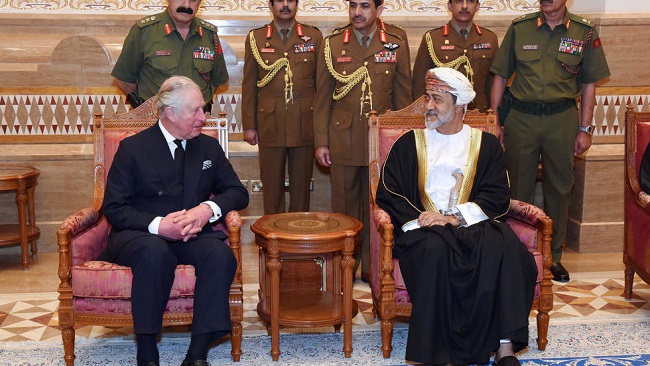




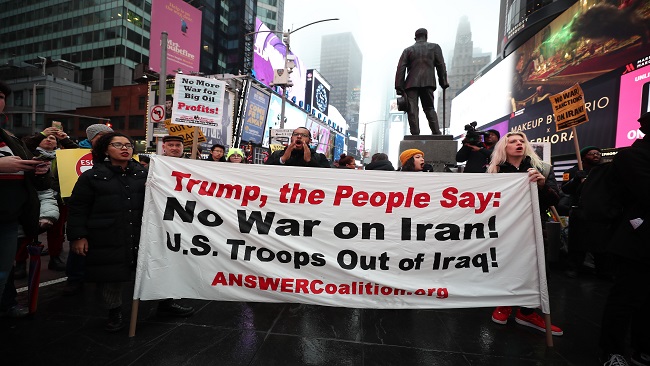
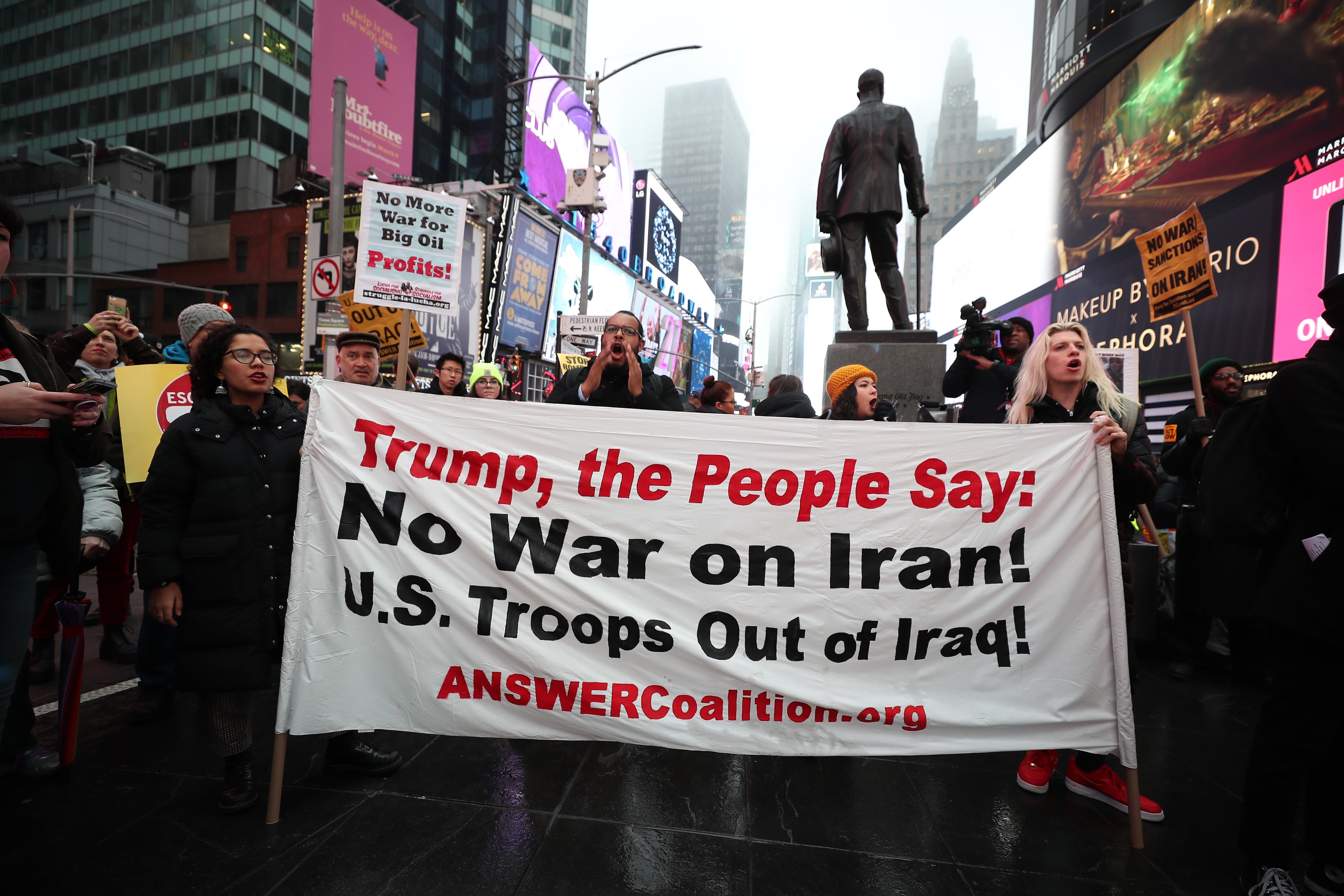
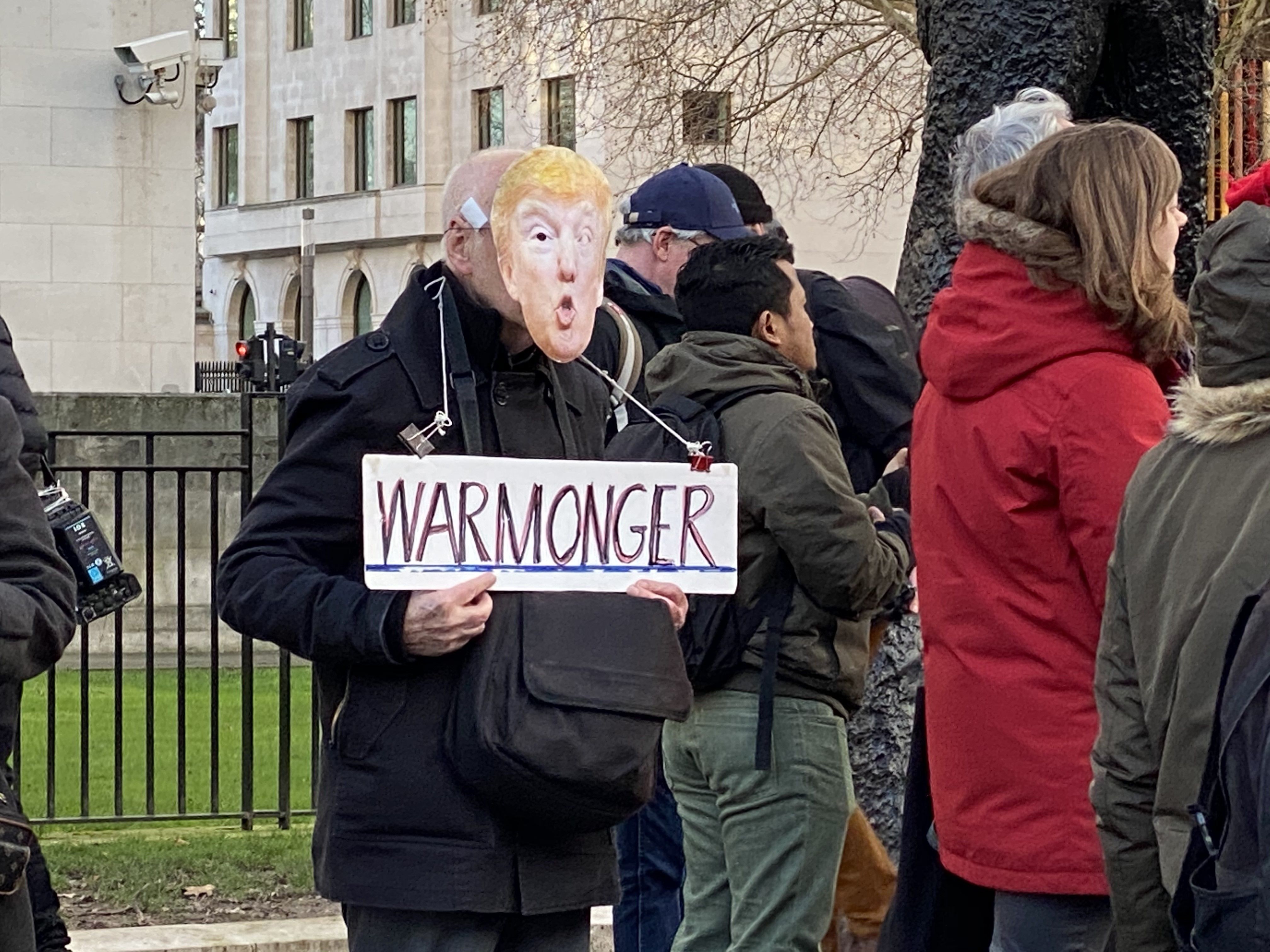
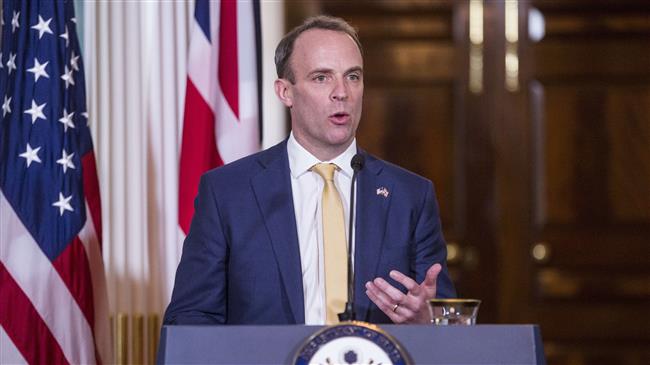




















14, January 2020
‘Surviving was a miracle’: Iran’s missile attack on Iraq base 0
Waves of ballistic missiles, soldiers hunkered down in bunkers for hours, intense shock waves — a top US commander said he reacted to Iran’s unprecedented attack against an Iraqi base with “disbelief”.
In an exclusive interview with AFP at the Ain al-Asad airbase in western Iraq, Lt. Colonel Tim Garland said his superiors had given him “a couple hours of advance warning” last Tuesday night that an attack by Iran was coming.
“My first reaction was shock, initial disbelief,” he said, sceptical that Iran would be capable, and willing, to conduct a bold attack on Ain al-Asad.
The airbase was targeted in retaliation for the US killing top Iranian general Qasem Soleimani in a drone strike in Baghdad on January 3.
The base is one of the largest in Iraq, with 1,500 US troops making up the bulk of a coalition presence directly adjacent to thousands of Iraqi forces.
Getting those forces to safety was an act of quick thinking and coordination across the army and air force commanders at Ain al-Asad, Garland said.
By 11:00pm (2000 GMT), US and coalition forces had evacuated from their sleeping quarters and offices, and were hiding out either in fortified bunkers or dispersed across the base.
They waited, tense, for over two hours.
But not even their commander expected the strength of the blasts that came next.
“When the first round came in, it was the loudest, most powerful noise I’ve ever heard,” Garland told AFP.
– Shockwave ‘bowed door’ –
“There’s something unnatural about the air. The way it moved, the way it heated up; the shock wave that came in and bowed the door in and bowed it back out,” he said.
Starting at 1:35am and for the next three hours, around five volleys of ballistic missiles slammed into the base at varying intervals.
“I have not been that scared for a long time. It’s been a while,” said Garland, who has served multiple tours in Iraq.
“We didn’t know what it was going to look like — if there was going to be a carpet bombing effect,” he added.
When the strikes quietened around 4:00am, commanders and soldiers emerged from their bunkers to fires burning across the base, more than a dozen impact sites but — miraculously — no casualties.
Two soldiers who had been in guard towers were blown out of their positions but only suffered concussion, the commander said.
“How they survived was a miracle of God,” Garland remarked.
He said the volleys that hit the base were timed in such a way as to trick soldiers into thinking the bombing was over.
“It was just enough time to make you feel safe. It was my opinion that it was intended to inflict casualties,” said Garland.
Hossein Salami, commander of Iran’s Revolutionary Guards, said on Sunday the missiles it fired in the early hours of Wednesday were not aimed at killing American personnel.
By Monday, most of the impact sites had been cleared.
A bulldozer was piling up the last of the twisted metal and debris from the last site, located by the base’s airfield.
A soldiers’ living quarters had been totally pulverised and still smelt of charred metal.
Soldiers who lived there told AFP they had lost all their personal belongings — clothes, books, pictures of their families and mementos they had carried through more than a decade in the military.
But given the intensity of the strikes, Garland said, they were lucky.
“Theatre ballistic missile strikes. That’s unprecedented,” he said.
Source: AFP